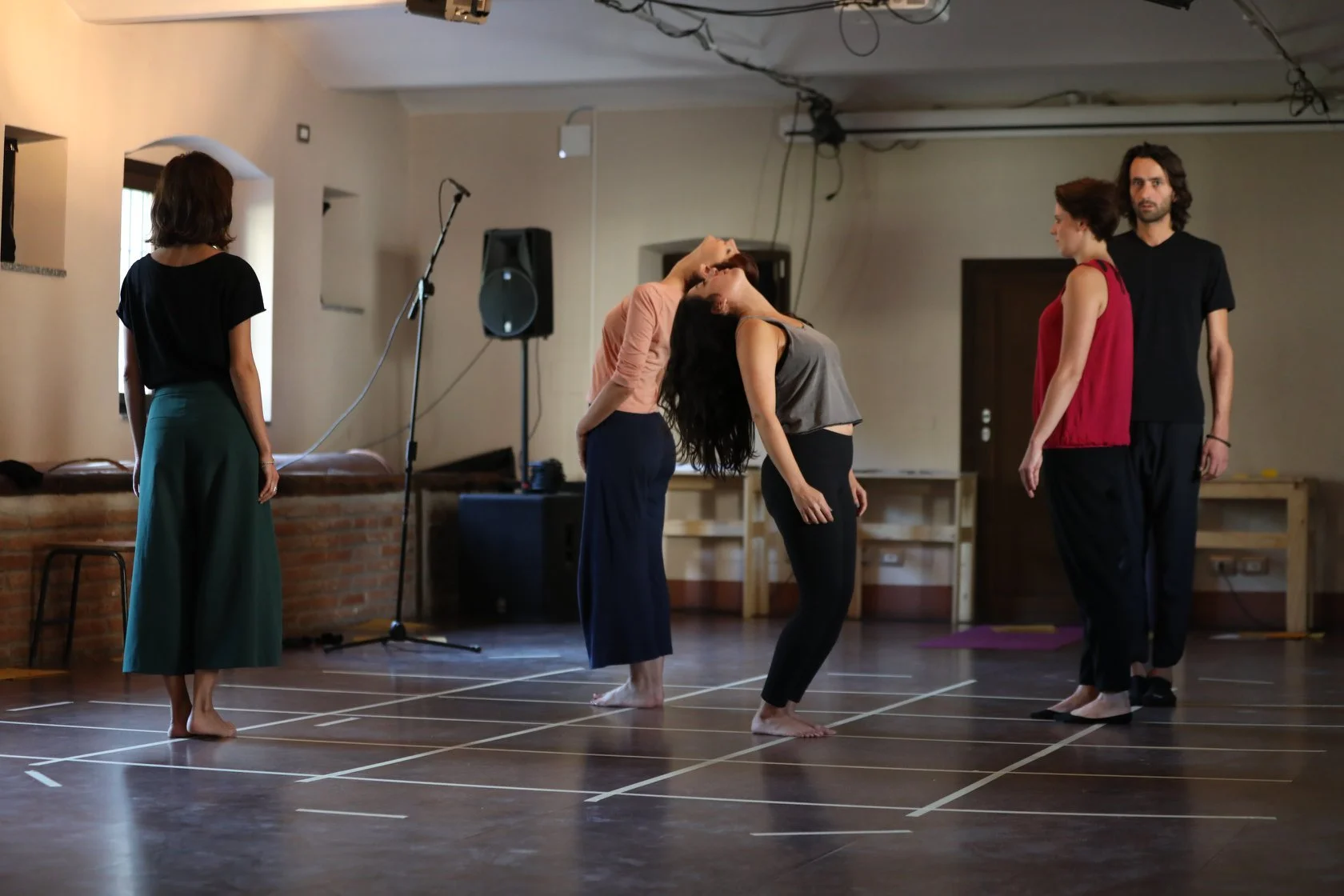Consulting: Embodied Approaches to Inclusive Dialogue
Discover an embodied approach to inclusive leadership, communication, and collaboration across cultural and professional settings. Our consulting supports individuals and teams in transforming language and movement patterns that sustain exclusionary practices.
We offer customized one-to-one sessions and interactive workshops for artists, educators, peacebuilders, and organizations seeking relational, adaptive strategies for equity and care.
What We Offer
Using performance-based methods and reflective writing, participants gain tools to:
Reshape language and movement to foster inclusion and belonging
Lead adaptive conversations in multicultural environments
Strengthen collaboration through embodied awareness
Consulting can support leadership transitions, cultural engagement strategies, or team development across sectors.
Why It Works
Our practice integrates theory and lived experience to cultivate:
Embodied insight – Learn through body-based reflection and action
Relational trust – Explore diverse perspectives with care and responsiveness
Adaptive ethics – Respond to shifting social predicaments with clarity and integrity
Get Started
Interested in how this approach can benefit your work?
Schedule a one-to-one consultation
Book a tailored workshop for your team
Contact us to to co-design a solution that fits your goals
University of Innsbruck, MA Program for Peace & Conflict, (2023).
Formulations of Assembly, Workshop-as-Event, Mare Culturale Urbano (2018)
University of Innsbruck, MA Program for Peace & Conflict, (2023).
“The course inspired me to lead the DEI committee (Diversity, Equity, and Inclusivity) in my organization considering the importance of using inclusive language in the work environment. This methodology served as a foundation for activating social justice in the organization.””
“By using autoethnography, we’ve been able to highlight the lived experiences of individuals within our creative and activist projects, ensuring that their voices are not just heard but deeply understood and reflected in our work. For example, we have started to use this during our artivism workshop where participants are encouraged to draw from their personal experiences to create art that reflects their journeys, struggles, and triumphs. These personal narratives are then woven into the broader context of social justice, activism, and advocacy.”
“I am not an artist and my understanding of art is limited. Therefore, I was finding some challenges at the beginning when I started the course with Zoya. But Zoya understood without me having to explain and she was professional and patient to teach me and help me understand the course smoothly and simply. She also succeeded in including everyone in the discussions and interactions.”
“ Zoya is very precise and clear in their communication introducing and guiding us in the embodied explorations, elaborating on the components of the course, as well as moderating conversation. Zoya is open and flexible in adapting to the needs of the participants, and asks and gives room for our needs and wishes to find a good way to guide us through the day according with our moment-to-moment, day-to-day experience. Zoya offers very diverse ways of engaging with autoethnography throughout the course using theater, improvisation, movement, writing, reading,...That makes the course very rich, dynamic, and embodied.”
“For me, the course introduced a new approach to thinking about my work and daily routines. It provided a perspective that emphasized a more interconnected and collective understanding of the world. One method that particularly resonated with me was engaging with morning routines. Mapping, embodying, and repeating these routines enhanced my overall awareness. And that it is needed to think beyond the personal on a daily level.”



